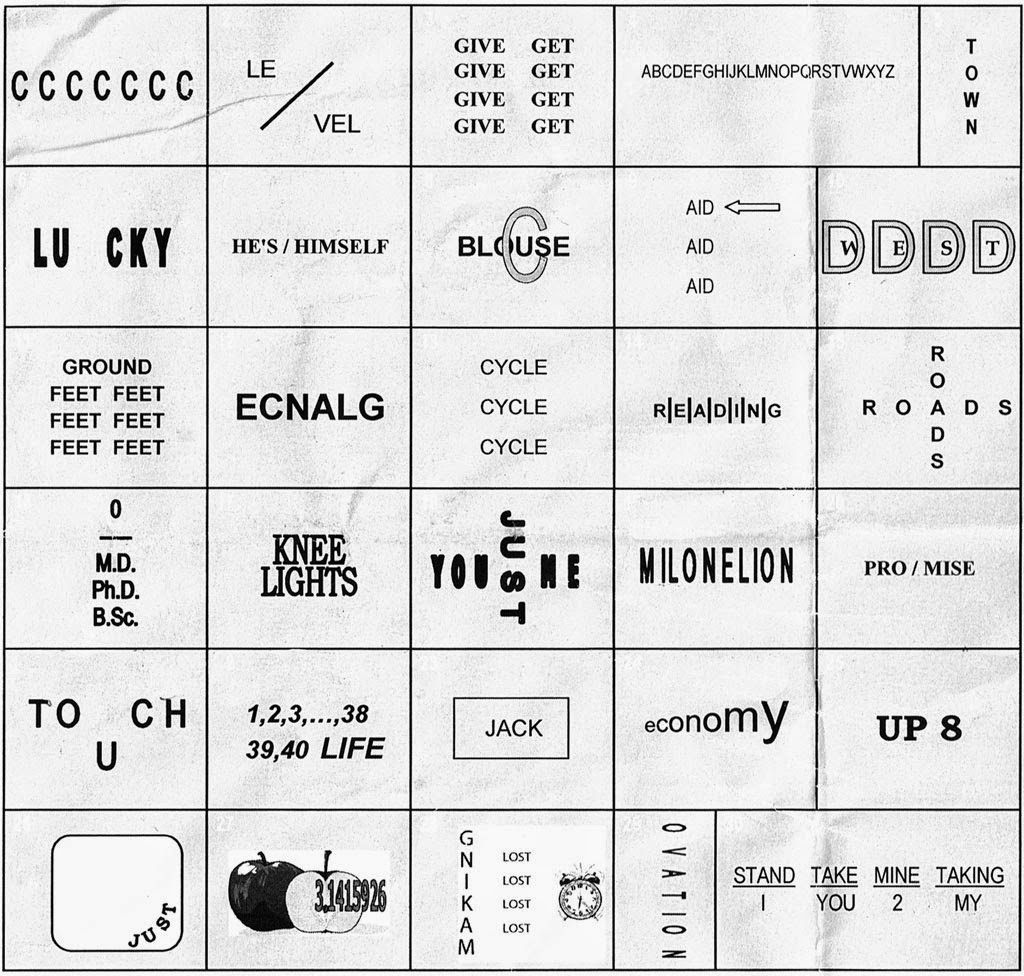It is quite possible to make a correct guess everytime in a number guessing time.
It is not that odd.
For example think of a number from 1 to 10
two, three, four, five whatever,
Now say it out loud in your head.
"Seven, seven, seven," for example.
And the number you thought is nine.
Here's the explanation: Before asking to think of a number notice how the word odd is used in the previous sentence. That gives you an subconscious suggestion to choose an odd number, so you naturally will choose an odd number.
Now, because I mentioned two , three , four , five and seven your mind crossed them off as options.
Which leaves only the numbers nine and one.
Nobody chooses one because it is obvious so the only choice left is 9
It is not that odd.
For example think of a number from 1 to 10
two, three, four, five whatever,
Now say it out loud in your head.
"Seven, seven, seven," for example.
And the number you thought is nine.
Here's the explanation: Before asking to think of a number notice how the word odd is used in the previous sentence. That gives you an subconscious suggestion to choose an odd number, so you naturally will choose an odd number.
Now, because I mentioned two , three , four , five and seven your mind crossed them off as options.
Which leaves only the numbers nine and one.
Nobody chooses one because it is obvious so the only choice left is 9













.jpg)

